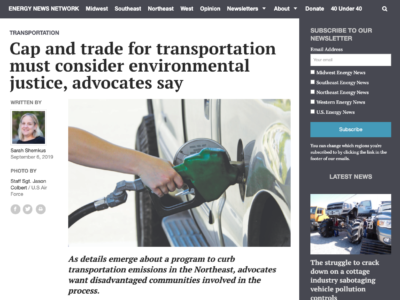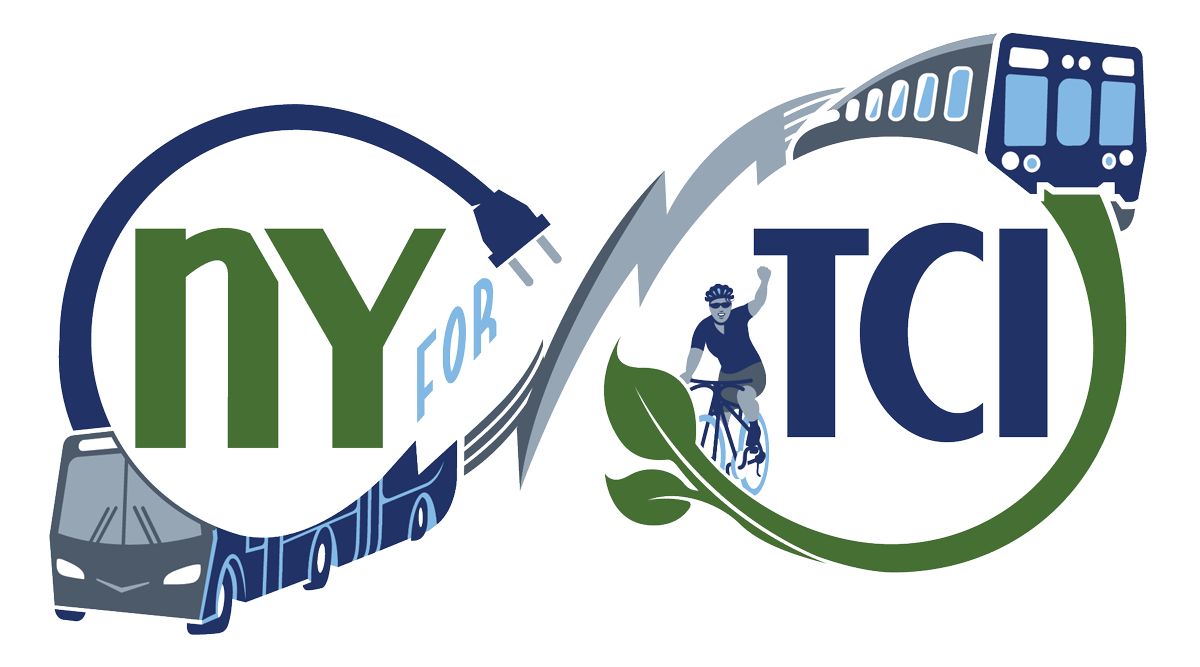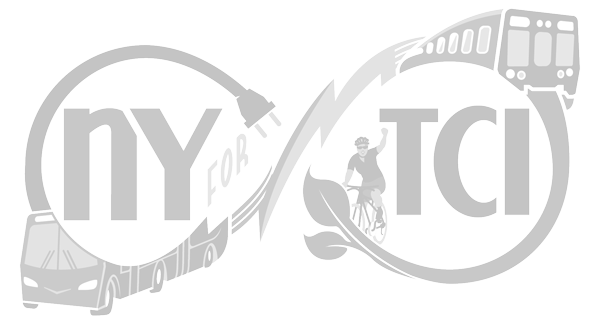
As details emerge about a program to curb transportation emissions in the Northeast, advocates want disadvantaged communities involved in the process.
As Northeastern and mid-Atlantic states develop a regional plan to reduce transportation emissions, environmental justice advocates want to ensure the process and results are fair for low-income and minority communities.
“We know that when we cut carbon pollution, we have to cut inequality too,” said Eleanor Fort, senior campaign manager with Green For All, one of the organizations leading the charge. “The question is: How are states going to do that as they design the details of the program?”
Transportation makes up 40% of the carbon emissions in the region, as compared to the 28% that comes from the electricity sector, according to the federal Energy Information Administration. A concerted effort to lower that number could help mitigate climate change, fund widespread improvements to transportation infrastructure, and generate thousands of jobs and billions of dollars in economic activity, supporters say. In Connecticut alone, the economic impact of a market-based emissions reduction system could top $7 billion, according to a report by the nonprofit environmental group the Acadia Center.

